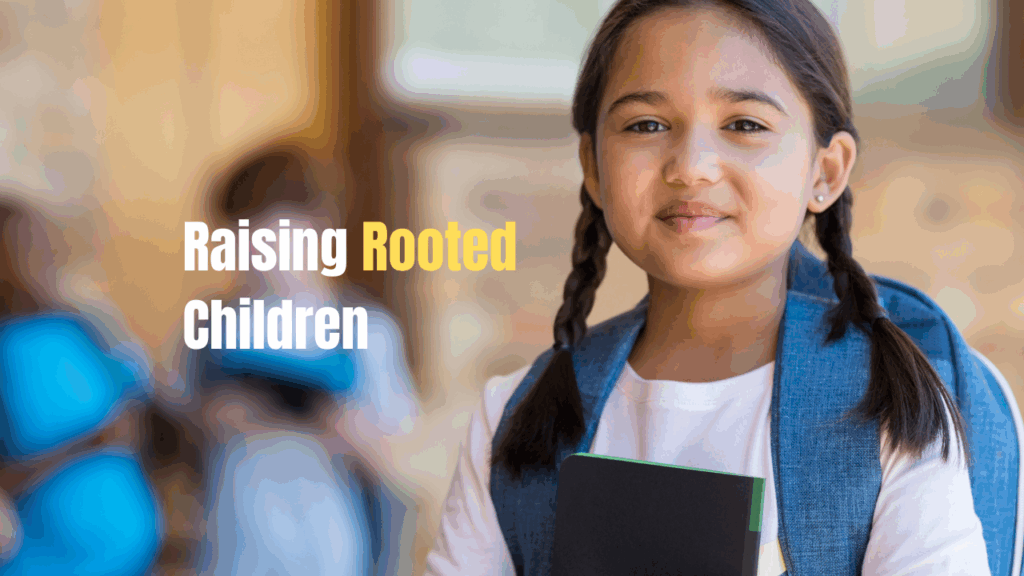Pune Porsche Car Crash: Exploring the Psychological Factors Behind the Crash
In the aftermath of the tragic Porsche car crash that shocked entire nation, psychologists are delving into the complex web of psychological factors that may have influenced the behavior of the 17-year-old driver behind the wheel. As the community grapples with shock and grief, questions emerge about the role of peer pressure, thrill-seeking, and other adolescent behaviors in contributing to this devastating incident.
Q. What psychological factors could have influenced the 17-year-old’s behavior leading to the accident? Did peer pressure, thrill-seeking, or other adolescent behaviors have contributed to this incident?
Ans. Psychologist and Psychotherapist Priyanka Kapoor says that “When we encounter risky or dangerous situations, our bodies release adrenaline to sharpen our reaction time. As we drive faster, this adrenaline surge enhances our reflexes and focus because our brains recognize the increased risk of an accident. This heightened state can create a thrilling sensation, making us feel more energetic and alive, despite the inherent danger.
Over speeding often results from overconfidence, particularly among young drivers who believe they can handle any situation. This overconfidence leads them to underestimate the dangers of speeding. Additionally, peer pressure can drive youth to overspeed in an attempt to demonstrate bravery and fearlessness. This behavior boosts their ego and satisfies their need for attention and appreciation, often stemming from low self-esteem, fear of judgment, jealousy, or a desire to prove their worth.
Driving fast can provide a temporary boost in confidence through attention, appreciation, and self-validation. However, this sense of worth is superficial. For some, possessing a prestigious car with high-speed capabilities, like a Porsche or Mercedes, can amplify the desire to overspeed to showcase their material success, reflecting low emotional intelligence.
Over speeding can also create a false sense of freedom and liberty, blinding individuals to the real risks involved. The deep satisfaction and feeling of liberation they experience while speeding can ultimately be life-threatening”.
Q. How can parents, schools, and communities better educate teenagers about the dangers and responsibilities of every act they do?
Ans. “I strongly recommend that parents and teachers remain vigilant about whether a child is being bullied or is bullying others, as these experiences can lead to feelings of revenge, low self-esteem, and comparison, which may prompt risky behaviors in students.
Parenting styles significantly impact a child’s mindset. Dysfunctional family dynamics, extremely strict or neglectful parenting, and overly lenient parenting where children face no boundaries can all contribute to irrational decision-making and low emotional intelligence. Children from such backgrounds may engage in risky behaviors to fulfil their emotional needs. Providing healthy and balanced parenting, characterized by love, affection, appreciation, and clear boundaries, is crucial.
In schools and colleges, peer pressure is prevalent. To cope with this, young people need to develop self-confidence and a strong sense of self-worth. Focusing on life goals and having a higher purpose can also help. Schools and colleges can support this by offering workshops and seminars on relationships, emotional intelligence, and emotional management. These programs can help students understand the difference between superficial appearances and the realities of life, increasing their resilience.
Additionally, schools and colleges should provide access to in-house counsellors to support students with emotional or relationship issues. This can offer vital assistance and guidance, helping students navigate their challenges more effectively” said Psychologist and Psychotherapist Priyanka Kapoor.
Amidst the ruins, there lies a chance for reflection and education, as parents, schools, and communities seek to impart vital lessons about the dangers and responsibilities inherent in every action taken behind the wheel.
In response to the above question, prominent counselling psychologist Srishti Vatsa says that “Building strong relationships with teenagers’ hinges on open communication across all spheres of their lives. Parents and educators both have a role to play. ‘Teenagers just don’t LISTEN’ is the most common refrain parents of teens often exclaim, but what if the problem is they aren’t being listened to in the first place? When these figures create safe spaces for honest conversations, they become anchors, not judges. By actively listening, demonstrating empathy, and engaging in regular discussions about challenges and consequences, we empower teens to develop a sense of accountability and navigate the complexities of adolescence. Remember, teenagers yearn to be heard, not just lectured to. If we want them to listen to us, we must listen to them first.
As the investigation into the Pune Porsche car crash continues, one thing remains abundantly clear: the need for comprehensive education and support systems to empower teenagers with the knowledge and skills to make responsible choices. Through open dialogue, empathetic guidance, and proactive measures, parents, schools, and communities can work together to instil a culture of safety and accountability among the youth. While the scars of this tragedy may linger, there is hope in the collective determination to prevent such incidents from occurring in the future. As we mourn the lives lost, let us also honour their memory by striving for a future where every young person understands the gravity of their actions and embraces the value of human life above all else.



